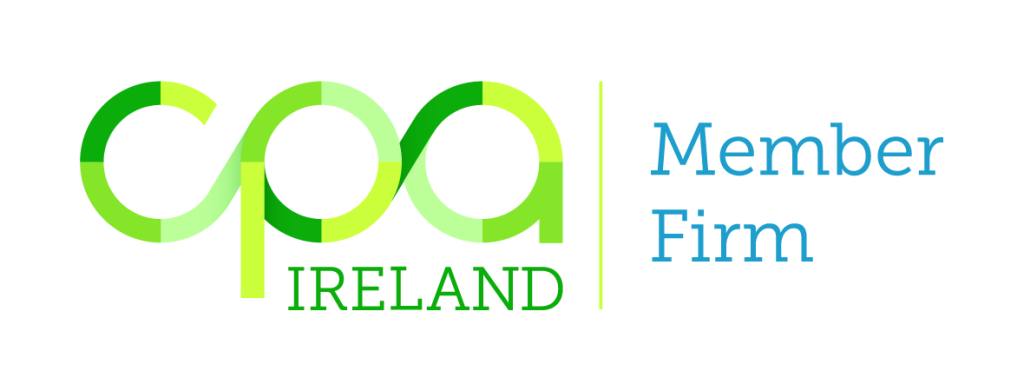
Irish people now live longer than ever, and retirement makes up a considerable portion of our lives. With the life expectancy in Ireland being 82 years and the state retirement age at 66 years, you’ll spend about 16 years in retirement. It is an expensive time because it’s likely that your income will have stopped or been considerably reduced. This is why it’s essential to plan for your retirement.
A solid retirement plan is invaluable for retirement and financial matters. But retirement planning is more than just stashing away money for the future. We want to help you to live a rich and fulfilled life. This retirement planning guide will help you to work towards a happy retirement.
Before you retire, here are a few things you should consider:
Start Planning For Retirement Early
It would help if you started planning your retirement as early as possible. It’s never too early. Set up a pension as soon as you can so you have more time for it to grow instead of waiting until you reach your fifties or even older. A small regular payment started in your twenties or thirties could deliver big results in your retirement. Several pension products are available, including self-administered pensions, personal pension plans, and corporate pension schemes.
Establish a plan to monitor your income and outgoings. This helps to monitor and control your revenues early enough so your spending doesn’t spiral out of control in retirement. It’s also important to acknowledge that you’ll spend more money when you’re not working.
File Your Tax Returns
One of the essential steps in retirement planning is filing your tax returns. Why? Regularly filing your PAYE returns ensures that you’re entitled to many tax benefits and credits that can give a fund boost to your pension plan. These include medical expense reliefs, flat-rate allowances for different professions, and even age allowance. Not to mention that there’s tax relief for pension contributions.
Make New Friends
While most of our social network is work-related while in employment, it’s essential to get involved in your community and get to know people in your local area. Take part in local events during the weekends, volunteer for community charities, and have time for a chat in the pub or café. In retirement, this regional network of friends can be a considerable comfort. It will also help you to stay active. You’ll need more than money for retirement to be a pleasure for you.
Get Professional Advice
When it comes to retirement planning, everyone will have some advice to give. Family, friends, and even colleagues. But it’s essential to consult professionally qualified financial advisors for your retirement planning. They’re in the best position to inform you about available pension plans and other investment opportunities. Financial advisors also give you impartial guidance and advice.
Want Help From The Experts?
Even with state support for pensioners, you still need to manage your retirement planning. We can help you take control of your retirement plans by carefully finding and planning suitable pension product structures to achieve your goals. We will also help you leverage various tax savings to grow your retirement fund.
If you would like to learn more about how we help our clients achieve their retirement objectives, we’d be glad to schedule an appointment with an expert.
Reach out to us!





